Posted on November 20, 2022
The Three Questions of Life

The verdict is in: life is hard. Show me a person who claims they have never struggled and I will show you a liar. Of life’s many obstacles, understanding it is often the most difficult. Anyone can put their head down and grind through rough times, but having a reason why apart from survival takes so much more. Those rough times are like sandpaper—they wear away at reasoning, leaving either a hardened truth or nothing at all. Knowing your truth is a personal question that only you can answer, and it takes a level of introspection hard to accomplish in the cacophony of today’s world. But it can be done, and done in answering just three questions: where you come from, where you are going, and who you are.
Where you come from is not just a geographical question. While the location you were raised does have some impact, the circumstances of it mean far more. Those circumstances had two major effects on you. First, they established the playing field for your development. Second, they resulted in the experiences on that playing field that shaped your development. My old playing field of middle-class Southern California is as different to that of an illiterate child that has to work to survive from an early age as a checkers board is from a rugby pitch.
While some of the boundaries are universal—nourishment requirements, a need for community—some playing fields are far more forgiving than others. The harder the playing field, the more extreme the experiences upon it are likely to be. For example, a child raised in a Sao Paolo favela is likely to face much harsher trials than one raised in a posh section of London. Understanding the playing field you came from and what the experiences there taught you are step one to understanding your life.
The next question is where you are going. Again, this is more than geographical. What you need is an understanding of your desired circumstances in life. A person who wants to settle down in the same town they grew up in with a high school sweetheart will need to take radically different choices from someone who wants to emigrate to another country and leave their original playing field behind.
Where you come from has a huge impact on where you’re going. Those earlier experiences mold what you like, what you hate, and what you need. Those factors shape the desired boundaries of any future playing fields, which help you target the right circumstances. The issue with not knowing your answer to this question is that if you don’t exercise your agency to choose, the world will choose for you and you’ll never realize it.
Answering the final question requires answers for the proceeding two, though at first it is not evident why. After all, isn’t knowing yourself key to understanding your past and planning your future? The three answers are inextricably linked, but knowing yourself cannot take place in a vacuum. If you tried to define who you were without pulling on a single past experience or future desire, what would that leave? A formless husk, indistinguishable from any other judged by the same criteria. It is the answers to the first two questions that provide the context for a satisfying answer to the third.
Perhaps you overcame personal tragedy in your original playing field and strive to create a new one where the likelihood of such experiences is smaller for your children. That dictates certain attributes about who you are that are unique to you, far different from someone who never had those experiences and thus do not share similar desires. Knowing yourself is difficult, but likely the most important of the three questions for personal contentment.
Together, these three questions—where you come from, where you are going, and who you are—are the keys to understanding your life. Having the humility to ponder on the answers as they are instead of how you wish them to be is the necessary step we should all take to know ourselves.


